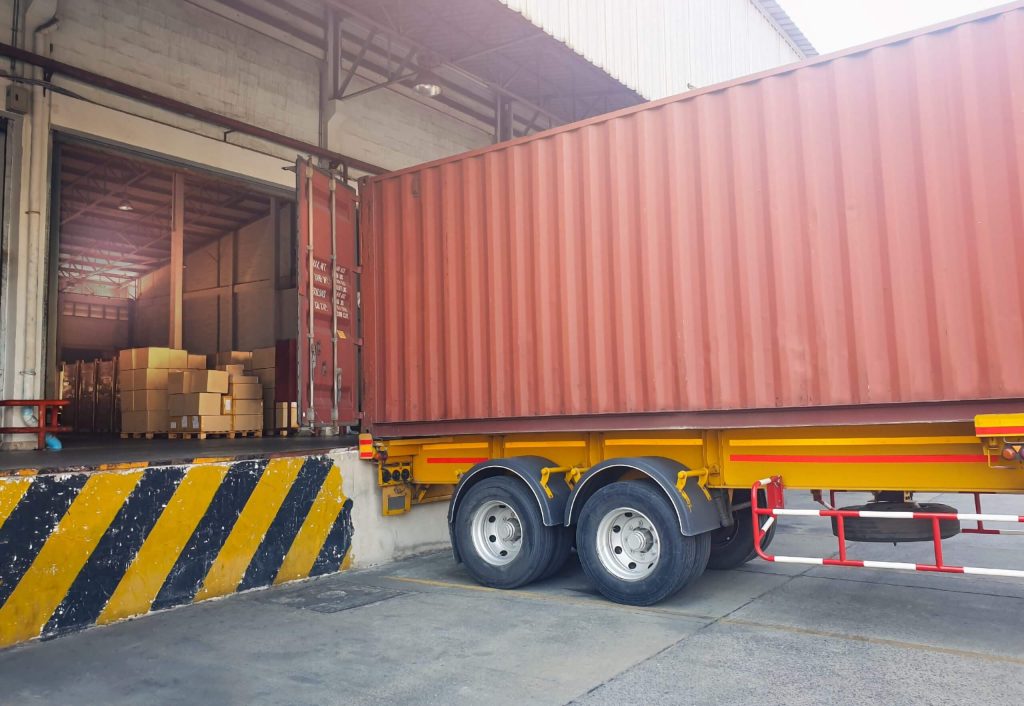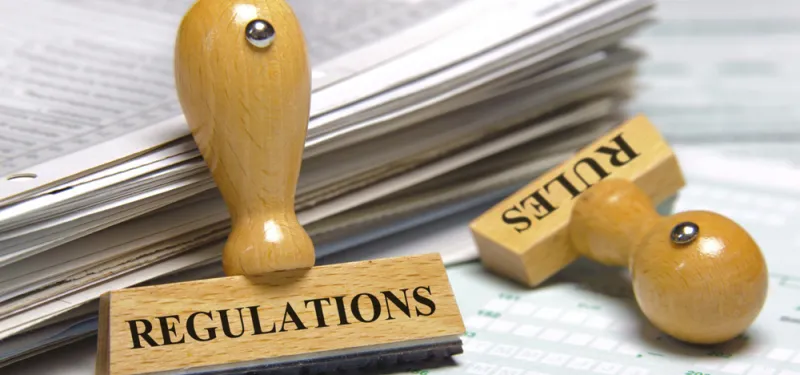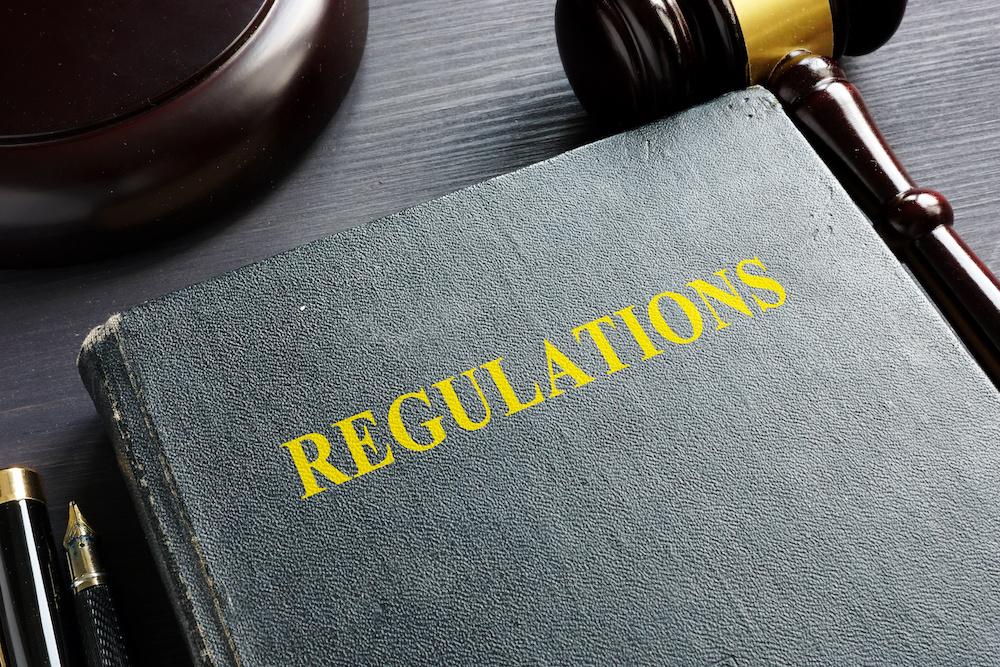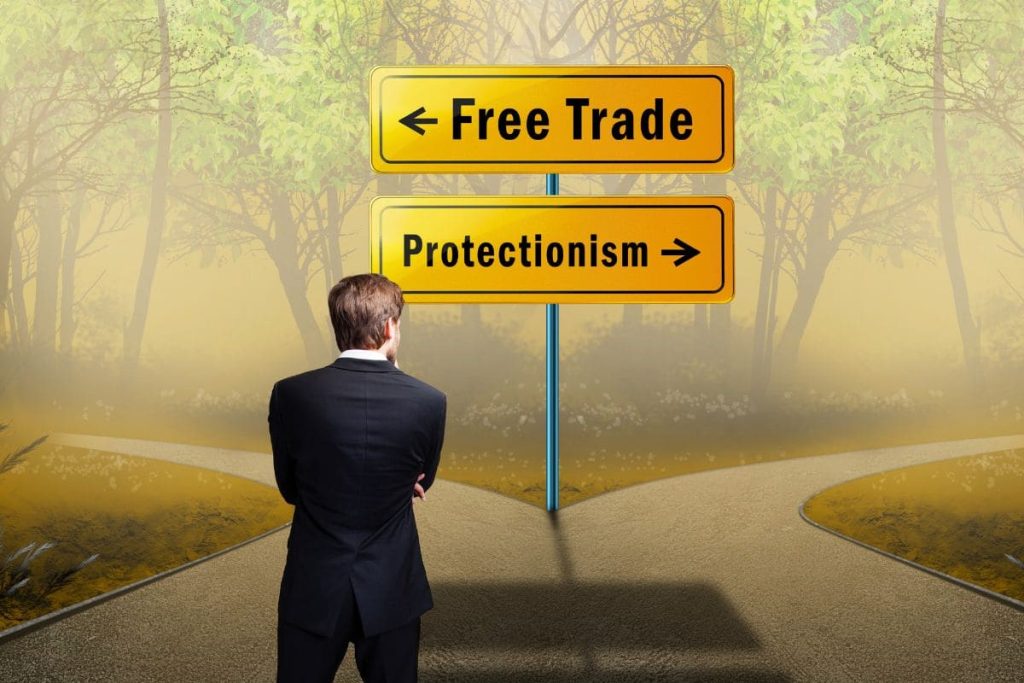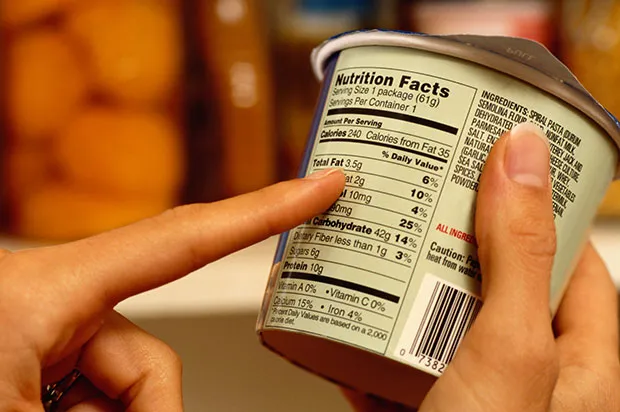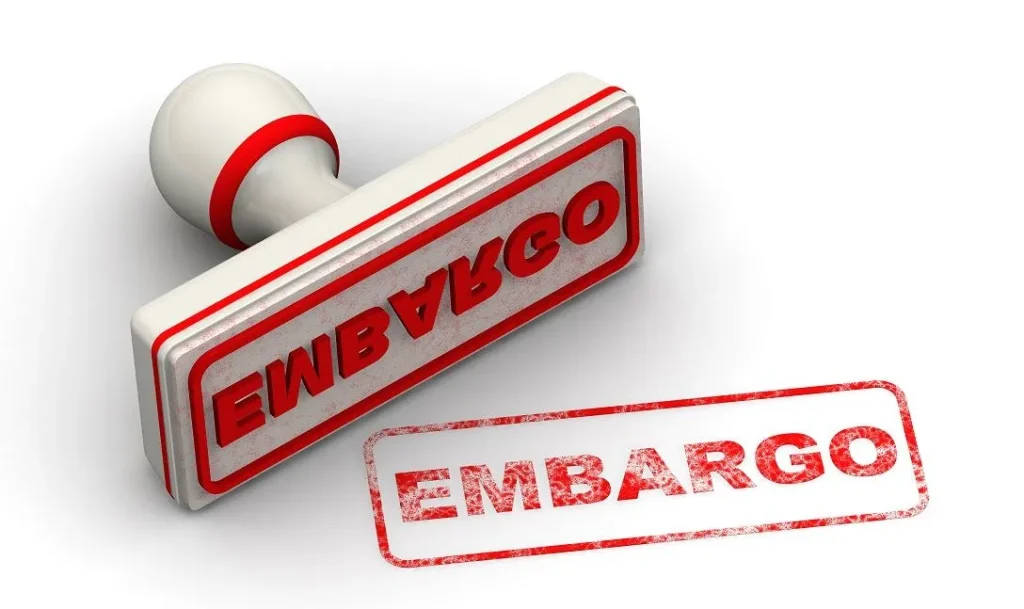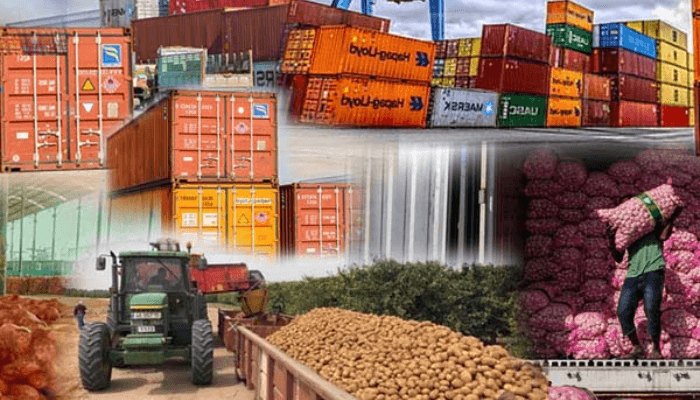
One minute your product clears customs with ease.
The next? A small rule change delays your shipment—or worse, gets it rejected.
Export rules can shift quickly due to new trade agreements, political tensions, or global crises.
If you’re serious about international business, you need to know how to stay ahead of regulatory changes—before they cost you time, money, or clients.
1. Subscribe to Official Trade Updates
Many governments publish updates on:
- Customs procedures
- New export/import bans
- Tariff changes
- Labeling or certification updates
✅ Tip: Sign up for newsletters from:
- Your Ministry of Trade or Export Agency
- Major partners like U.S. Customs, EU Trade, or ASEAN
- Industry-specific regulators (e.g., food, cosmetics, electronics)
2. Join Exporter Networks and Trade Associations
Being part of an exporter group gives you access to:
- Shared news and alerts
- Workshops on regulatory shifts
- Early warnings from peers in the same industry
✅ Tip: Look for local chambers of commerce, export alliances, or industry groups with global insight.
3. Use Trade Compliance Tools or Platforms
There are digital tools that track export laws in real time, such as:
- HS code changes
- Embargoes or sanctions lists
- Country-specific product requirements
✅ Tip: Tools like Export.gov, Trademap, or commercial platforms like Descartes or Amber Road help automate updates.
4. Work with Freight Forwarders or Trade Advisors
Experienced freight forwarders or consultants:
- Get notified fast when rules change
- Can advise you before your shipment is affected
- Often have contacts inside customs offices
✅ Tip: Don’t go solo—build a team of reliable trade partners who stay updated for you.
5. Monitor Global News and Trade Agreements
Changes often start from:
- Geopolitical shifts
- New trade deals or disputes
- Global health or climate regulations
✅ Tip: Set Google Alerts for terms like:
“export regulation update,” “trade agreement [country],” or “[product] import rule change.”
Conclusion
Staying compliant in international trade isn’t about reacting—it’s about staying ready.
With the right tools, network, and habits, you can navigate regulatory shifts smoothly—and keep your export business running strong, no matter how fast the rules change.

